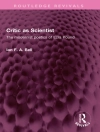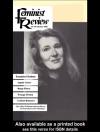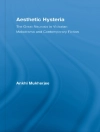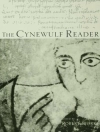Literature, Pedagogy, and Climate Change: Text Models for a Transcultural Ecology asks two questions: How do we read (in) the Anthropocene? And what can reading teach us? To answer these questions, the book develops a concept of transcultural ecology that understands fiction and interpretation as text models that help address the various and incommensurable scales inherent to climate change. Focussing on text composition, reception, storyworlds, and narrative framing in world literature and elsewhere, each chapter elaborates on central educational objectives through the close reading of texts by Chimamanda Ngozi Adichie, Teju Cole and J.M. Coetzee as well as films, picture books and new digital media and their aesthetic affordances. At the end of each chapter, these objectives are summarised in sections on the ‘general implications for studying and teaching’ (GIST) and together offer a new concept of transcultural competence in conversation with current debates in literaturepedagogy and educational philosophy.
Tabla de materias
1. Anthropocene F(r)ictions: Transcultural Ecology and the Scaling of Perspectives.- 2. Towards Transcultural Competence: Scaling | World | Literature.- 3. Affirmative Paradiscourse and the Petroleum Unconscious: The Share of the Reader in the Energy of Stories.- 4. Doubling the World: Dark Cosmopolitanism and the Creative Potentials of Autrediegesis.- 5. Beyond Declension: Numinous Materialities and Transformative Education.- 6. Framing Framing: Aliens, Animals, and Anthropological Différance across Media.- 7. Scaling Transcultural Ecology: Balance on the Edge of Extinction.
Sobre el autor
Roman Bartosch is Associate Professor of Anglophone Literatures and Cultures and the Teaching of English at the University of Cologne, Germany, and coeditor of Beyond the Human-Animal Divide (Palgrave 2018).












